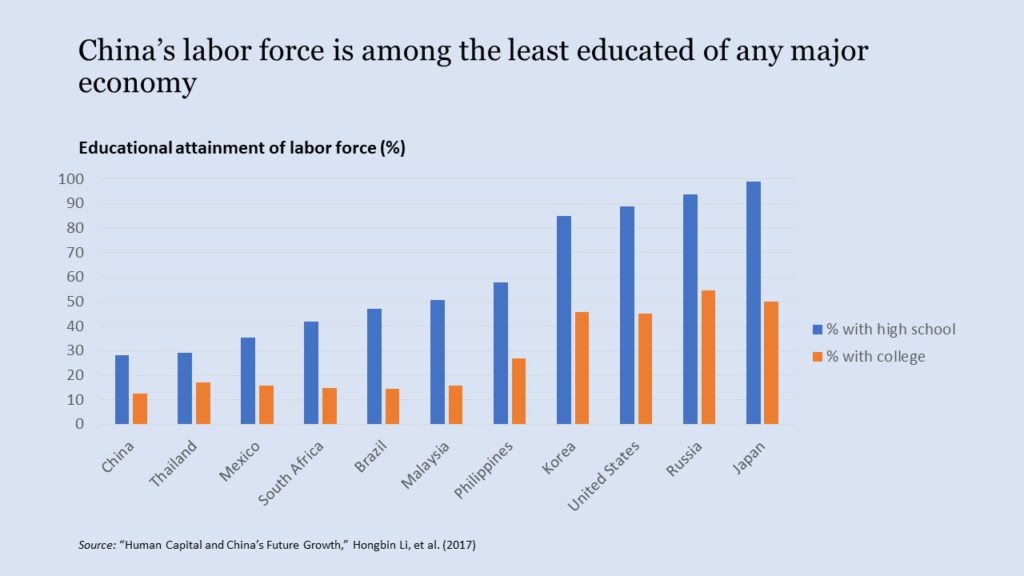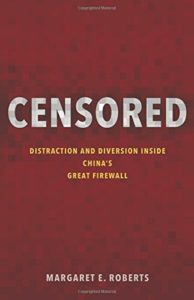 Review of Censored: Distraction and Diversion Inside China’s Great Firewall by Margaret Roberts. Princeton, 2018, and Contesting Cyberspace in China: Online Expression and Authoritarian Resilience by Rongbin Han. Columbia, 2018.
Review of Censored: Distraction and Diversion Inside China’s Great Firewall by Margaret Roberts. Princeton, 2018, and Contesting Cyberspace in China: Online Expression and Authoritarian Resilience by Rongbin Han. Columbia, 2018.
The internet was supposed to have delivered China into freedom by now. But that optimistic consensus has been proven wrong so far. In their books, academics Rongbin Han and Margaret Roberts, attempt to explain why.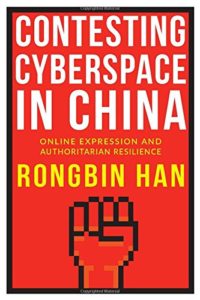
Han, an assistant professor at the University of Georgia, was a student at Peking University when the internet’s impact first began to be felt on campus and in broader society. But the vibrant discussions the internet initially spurred would prove too much for the ruling Communist Party, which, over time, has become more sophisticated in reasserting information control.
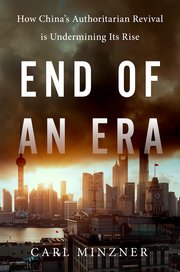 Review of End of an Era: How China’s Authoritarian Revival is Undermining its Rise by Carl Minzner. Oxford, 2018.
Review of End of an Era: How China’s Authoritarian Revival is Undermining its Rise by Carl Minzner. Oxford, 2018.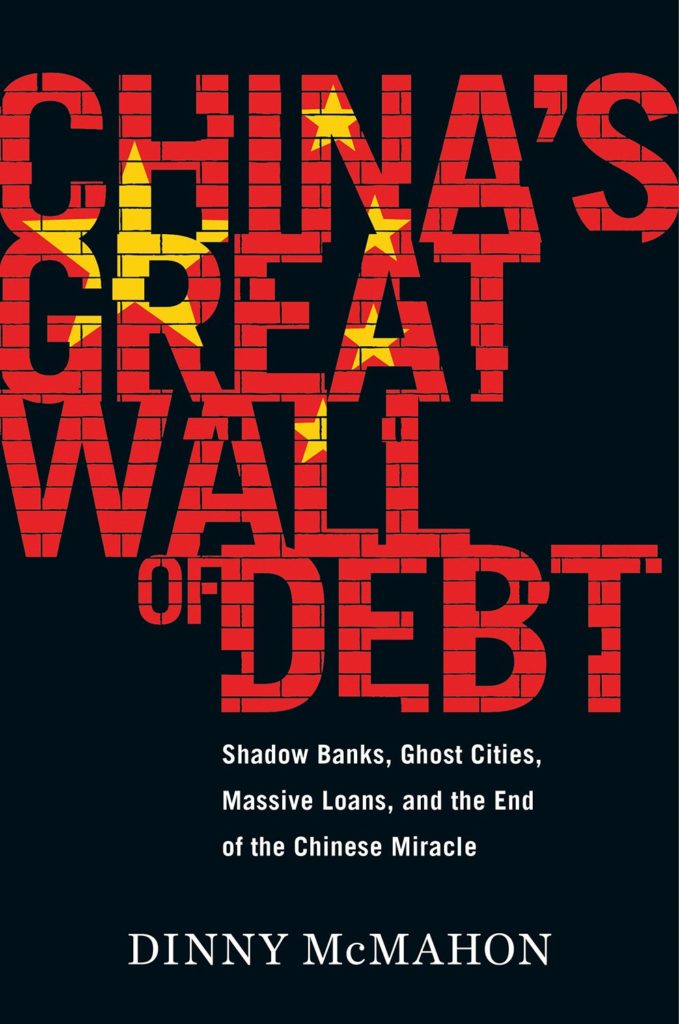 Review of China’s Great Wall of Debt: Shadow Banks, Ghost Cities, Massive Loans, and the End of the Chinese Miracle by Dinny McMahon. Houghton Mifflin Harcourt, 2018.
Review of China’s Great Wall of Debt: Shadow Banks, Ghost Cities, Massive Loans, and the End of the Chinese Miracle by Dinny McMahon. Houghton Mifflin Harcourt, 2018.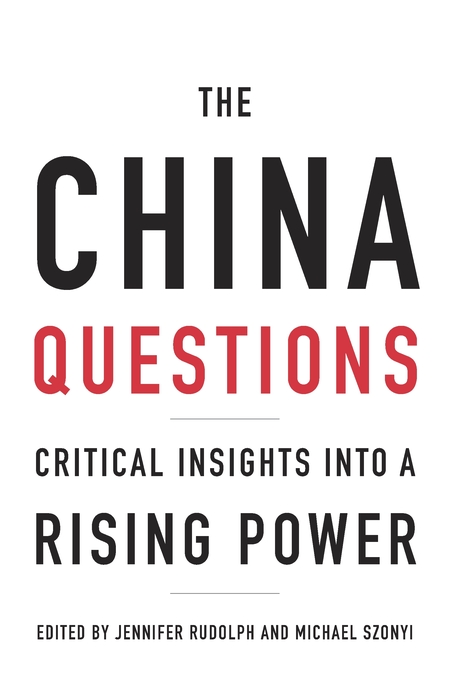 Review of The China Questions: Critical Insights into a Rising Power, edited by Jennifer Rudolph and Michael Szonyi. Harvard, 2018.
Review of The China Questions: Critical Insights into a Rising Power, edited by Jennifer Rudolph and Michael Szonyi. Harvard, 2018. 

